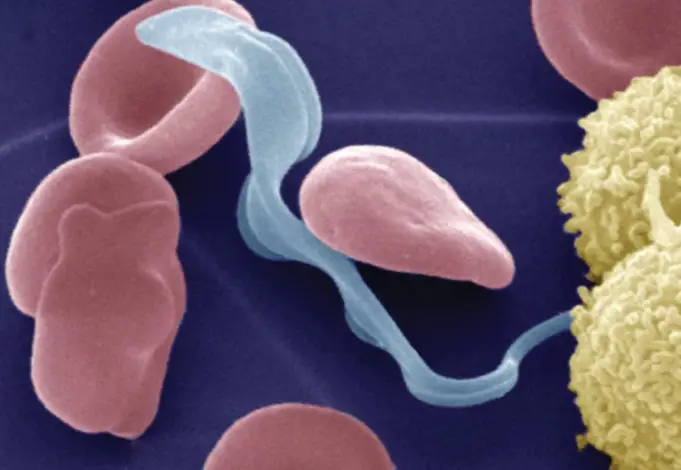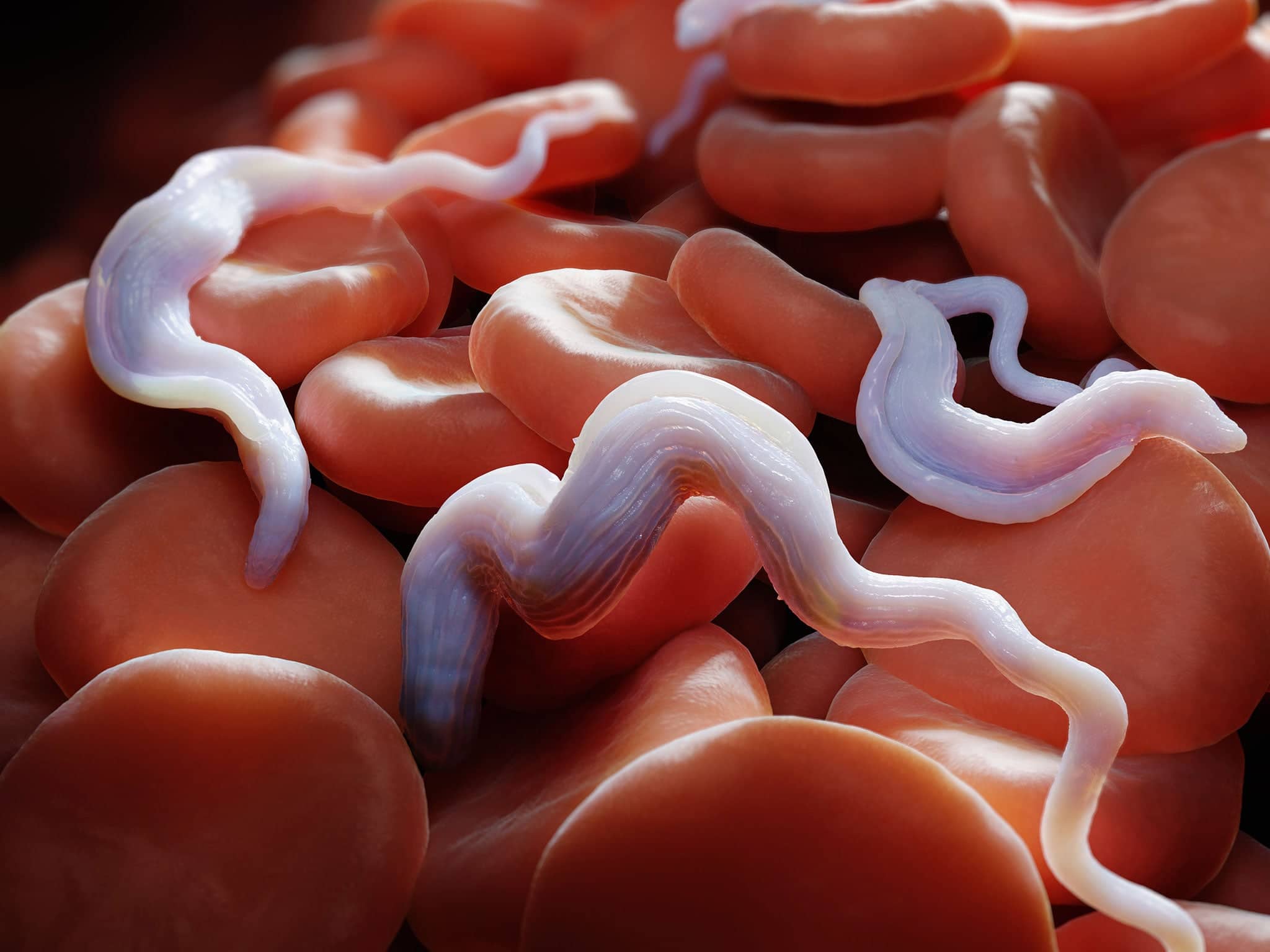The African sleeping sickness, also known as African trypanosomiasis, is a disease that is caused by a parasite. The African sleeping sickness is passed on to people through the bite of an infected tsetse fly.
What causes African sleeping sickness?
The African sleeping sickness is of 2 types. The diseases are named after the part of Africa, where they are prominent. There is the West African sleeping sickness, which is caused by the parasite called Trypanosoma brucei gambiense.
This one is a long-term (chronic) infection that can last for several years. Then there is the East African sleeping sickness, which is caused by the parasite called Trypanosoma brucei rhodesiense. This variety of African sleeping sickness is a short-term (acute) illness that sometimes lasts several weeks or a few months.
People from the United States who travel to bother the Eastern and Western parts of Africa rarely get infected. On average, not more than 1 U.S. citizen gets infected by this disease every year. The person most likely got infected in an East African game park.
Who is at risk for African sleeping sickness?
The only group of people who are at risk of getting the African sleeping sickness is people who journey to Africa often. Africa is where the tsetse flies are found. The parasites that are responsible for causing the sleepy disease are only passed on by the tsetse fly.
The tsetse flies are only found in rural areas. The flies live in the savanna, woodland thickets, and dense vegetation along rivers and streams.
People who visit cities and other urban regions are often not at risk of getting infected. African sleeping disease is found primarily in tropical Africa. The places in Africa with the highest risk are:
- Angola
- Chad
- The central African Republic
- Congo
- Malawi
- Democratic Republic of Congo
- Tanzania
- Uganda
- Sudan
- Zambia
Symptoms of African sleeping sickness
Bites from Tsetse flies can be very painful. Travelers usually recall being bitten by a Tsetse fly. A painful sore shows up at the place of the sting in about one week or so after it occurs. It is known as a chancre.
Each person who gets bitten may suffer slightly different symptoms. But all symptoms tend to occur within 1 to 4 weeks of the infection. At first, the symptoms may include a fever, rash, skin lesions, swelling, or swollen lymph nodes at the back of the neck.
After several weeks, the infection may graduate into meningoencephalitis. In case you don’t know what meningoencephalitis is, it is an infection of the brain and the liquid that surround it and the spinal cord.
As the diseases worsen, symptoms may include:
- Personality change
- Severe headache
- Weight loss
- Loss of concentration
- Irritability
- Progressive confusion
- Slurred speech
- Difficulty walking and talking
- Insomnia at night
- Seizures
- Sleeping for long periods of the day
If untreated, death will happen within a few weeks to months. One confusing thing about the African sleeping sickness is that the symptoms may look like other health issues. Always consult your healthcare provider for a diagnosis.
How to diagnose the African sleeping sickness?
Once you get bitten, visit a healthcare provider immediately. Do not wait to notice symptoms before seeking treatment. Tests can identify parasite.
Such tests may include a spinal tap (lumbar puncture) and blood samples. Your health care provider may also collect a sample of chancre tissue or fluid, or take some fluid from swollen lymph nodes.
How to treat African sleeping sickness?
Treatment of the African sleeping sickness will depend on your age, symptoms, and general health. Most importantly, it will depend on the severity of the condition.
Thankfully, there’s medicine to treat the disease. Infected persons will need to get admitted to the hospital. After getting discharged, a patient will be required to go for follow-up exams for about two years.
These follow-up exams will include a spinal tap. Since the African sleeping disease is a rare infection, your healthcare provider may have to consult an infectious disease or tropical medicine specialist.
Possible complications of African sleeping sickness
If the disease is left untreated, the symptoms can get worse and become a severe illness. Once it gets severe, death will occur.
What to prevent African sleeping sickness
No medicine or vaccine can prevent African sleeping sickness. However, you can avoid getting bitten by a tsetse fly. Experts recommend trying the following:
- Put on protective clothing, such as pants and long-sleeved shirts. Tsetse flies are stubborn enough to bite through material, so all clothing worn during a visit to exposed areas should be made of thick fabric.
- Put on olive, khaki, or other neutral-colored pieces of clothing. The Tsetse flies are known to be attracted to bright and dark contrasting colors.
- Use bed nets when sleeping.
- Look inside your vehicles or taxis for tsetse flies before entering them.
- Do not take a ride in the back of pickup trucks, jeeps, or other open vehicles. The dust created by moving vehicles and animals attracts Tsetse flies.
- Avoid bushes. Tsetse flies rest in bushes during the hottest part of the day. However, they will bite if bothered.
- Living with African sleeping sickness
Make sure that you follow the directions of your healthcare provider. You will have to be periodically checked out for at least a few years.
When should I call my healthcare provider?
If you have a notice a rash, fever, or chancre (ulceration of the skin) after getting home from a trip to places where you suspect you were bitten by a tsetse fly, visit your healthcare provider.
It is vital to be quick when it comes to getting tested and treated for African sleeping sickness. Delay is dangerous and deadly in most cases.
Because symptoms of the African sleeping sickness are similar to symptoms of other illnesses, some patients may be tempted to self medicate. We strongly do not agree with self-medication as it could worsen the sickness.
Let us know what your thoughts are by living a comment below.













